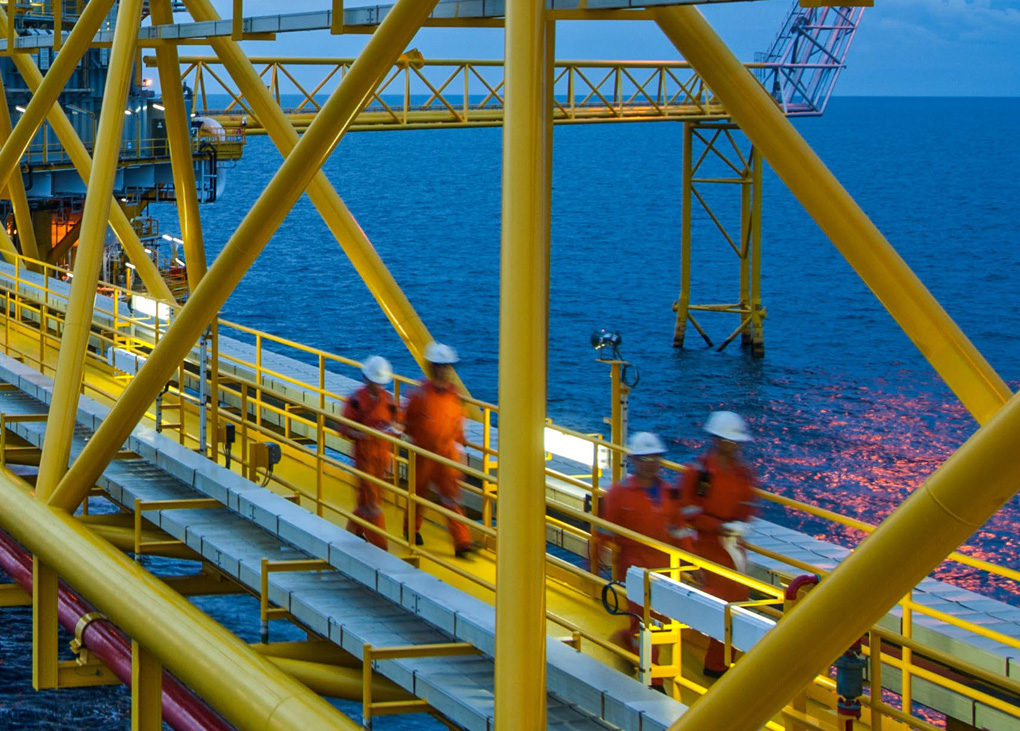The Victorian government has released its Gas Substitution Roadmap with the stated aim of helping the state navigate the path to net-zero emissions while providing greater consumer choice and cutting energy bills.
The government is touting the plan as Australia’s “first coordinated decarbonisation plan for the gas sector”. And there are good reasons for Victoria to be a leader in this area.
More than 2 million Victorians use gas in their homes and businesses – more than any other state or territory. The gas sector also contributes to around 17 per cent of the state’s net greenhouse gas emissions. If Victoria is to meet its emissions reduction targets, it must tackle gas.
The roadmap prioritises the use of energy efficiency and electrification – measures that were highlighted by many industry groups when the roadmap was presented for public consultation in 2021.
“Going more electric not only takes the pressure off gas demand and limits consumers’ exposure to international prices,” says the government, “running your home on electricity will save you money and reduce your carbon emissions.”
The roadmap estimates that an existing dual-fuel home with solar panels that upgrades to efficient, electric appliances can save $570 on heating and cooling and $180 on hot water.
According to the analysis, completely converting to an all-electric home can save $1,250 per year, in addition to the $950 saving from the existing solar system. Adding a medium-sized battery is estimated to save a further $520 per year, although some stakeholders have criticised these examples for not building in up-front costs.
The Victorian Energy Upgrades program is expected to play a key role in achieving greater energy efficiency and electrifying buildings. And in one of the headlines to emerge from the launch, Victoria’s planning rules will be amended this year so that gas connections will no longer be mandatory for new developments.
But hydrogen and biogas also feature heavily in the plan – leaving some stakeholders scratching their heads about whether the government sees a future for the residential use of what it is calling “renewable gas”.
Also of note for those in the HVAC&R sector is a commitment to retrain and reskill workers in transition.
“Solar Victoria is supporting the upskilling of gas plumbers and electricians in heating, ventilation and cooling, energy efficiency and renewable gas technologies, and providing training for plumbers to install energy-efficient hot water systems including heat pumps,” says the Roadmap.
“This is to be delivered in collaboration with industry experts and training providers such as the Plumbing Industry Climate Action Centre. This will ensure that Victoria has sufficient industry capability to install reverse-cycle air conditioners for low income and vulnerable households through the Home Heating and Cooling Upgrades program.”
The Victorian government says it will continue to engage and collaborate with the community and industry during the gas sector’s transition to net-zero emissions, including a Roadmap update report in 2023.
To read the Roadmap, click here.
 Mark Vender
Mark Vender


Leave a Reply to Maria Ann Kolovrat Cancel reply